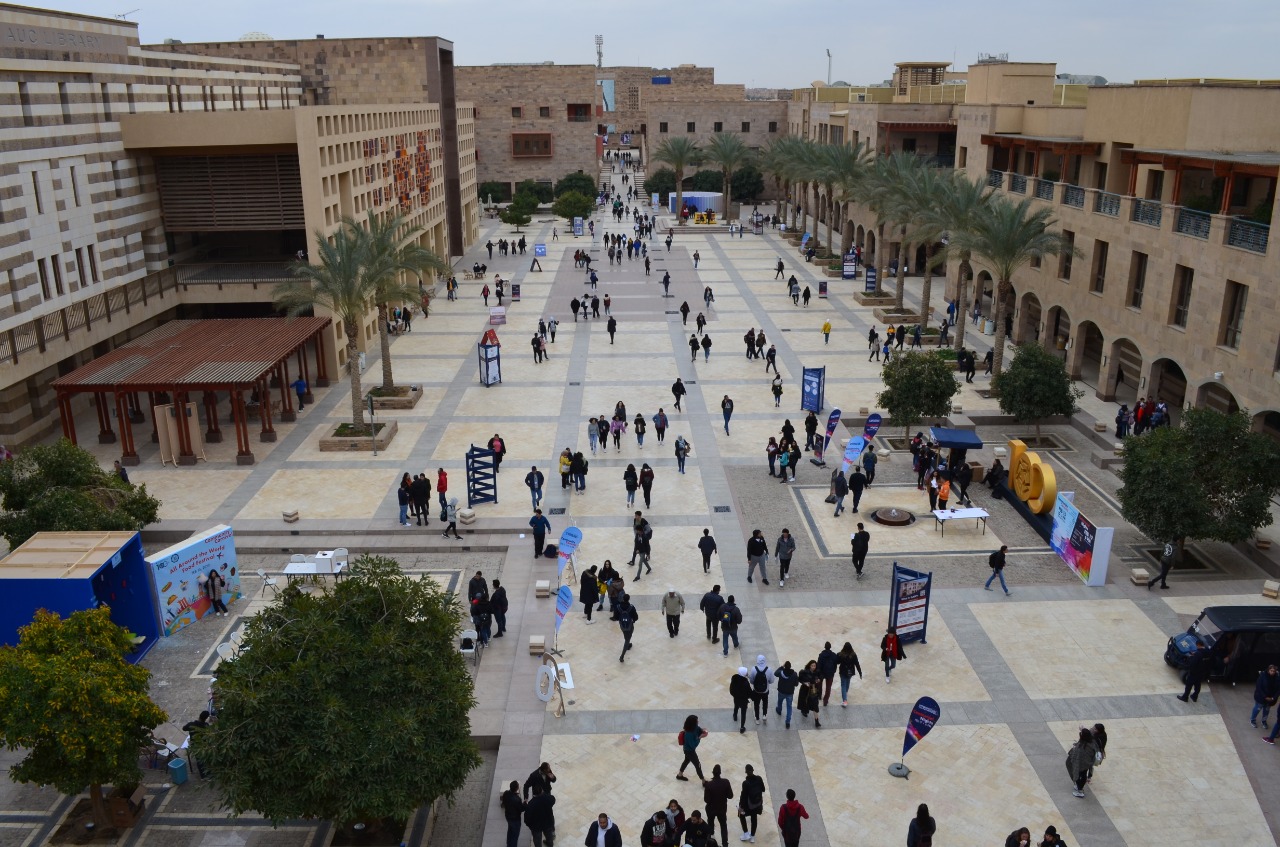By: Adham Ouda
@adham11o
The sudden change and the uncertainty caused during the COVID-19 crisis is bound to make both students and professors feel anxious, frustrated, sad , and possibly depressed.
According to counselors and mental health experts at the Center for Student Well-Being (CSW), the abrupt changes associated with suddenly having to be quarantined and practice social-distancing can leave mental scars in students.
Scientists around the world warn that the novel coronavirus pandemic could inflict emotional trauma and post-traumatic stress disorder (PTSD) on an unprecedented scale. Students with anxiety, trauma and difficult home situations need assistance now more than ever. This makes checking in on our mental health is necessary.
“We are all anxious, we are locked up in our houses. It is stressful and change makes us lack productivity. All this can increase anxiety.” Amal Badeeb, CSW Senior Counselor said. Still, Badeeb said, “that physical activity, going for a walk or even driving around the block can bring relief to students”.
AUC has been preparing students in need who require help during this time, and this began with a few sessions to help them cope. CSW is helping students destress and overcome fear during the pandemic and quarantine.
The CSW says it is committed to online therapy sessions and postings of online webinars intended to help students and have them develop resilience to cope with challenges on the emotional, behavioral, or cognitive levels.
Badeeb said that online therapy sessions would be established through Zoom and emergency calls with students who were registered with the CSW before the pandemic began.
Badeeb also points to an art therapy workshop held on April 29, as well as online sessions with flexible hours for students to help them manage their time during this difficult period. The mental health counselors are available regularly to support the students who are at risk academically.
She says one should wake up with a routine that will make one more stimulated and energetic. Small, simple tasks throughout the day can help bring more energy and productivity, even if that task is getting up washing your face, taking a shower and opening the curtains.
“A routine is good, but we need to understand that changing the routine sometimes is fine, however having a routine that is full of only productivity is not good for you,” Badeeb advised.
“It is okay to slow down and not be productive all the time. Do not compare your productivity in the current period to your productivity before the [pandemic],” she added.
The ideal approach is to balance relaxation and activities is the best advice she can give during this time.
Badeeb also said it is important to not compare yourself to others as students are now exposed more to social media and depression can be triggered in such challenging times. Productivity comes in different forms, whether it is catching up on a show, going for a run, painting and many more other activities.
Marwa Hussein, another CSW Senior Counselor, told The Caravan that browsing and looking up news about coronavirus might intensify anxiety and depression as some of the news are exaggerated and not true. By setting daily goals, spending time outdoors and doing useful activities, one can reap benefits from a more stress-free environment and pass time to distract one from their negative thoughts.
Furthermore, she said that students with disabilities are getting “accommodations and any help they need” from the CSW. Students have also received information about online webinars as well as online consultation with counselors to reduce depression and stress through Zoom meetings.
On May 3, the CSW rolled out a new daily initiative to address the needs of students with disabilities.
Some faculty have also started creating remote spaces to allow communication in order to gain insight on students’ distresses and feedback along with the help and support of CSW to aid students’ progress through this time with ease and keep following-up with them in case of any issue, whether that be psychological, emotional or mentally.
“In our guidelines for moving online (planned for two weeks at the moment) we recommend that faculty not rely too heavily on synchronous videoconferencing so as not to disadvantage students whose internet infrastructure is poorer, or who use a shared device at home, or who have other family members who need the internet bandwidth for other things,” Associate Professor of Practice Maha Bali, at the Center for Learning and Teaching, told The Caravan.
The CSW says nature itself may be a great aid in overcoming anxiety.
“Exposure to light is important,” says Badeeb. “Sitting with your curtains closed is not good.”
